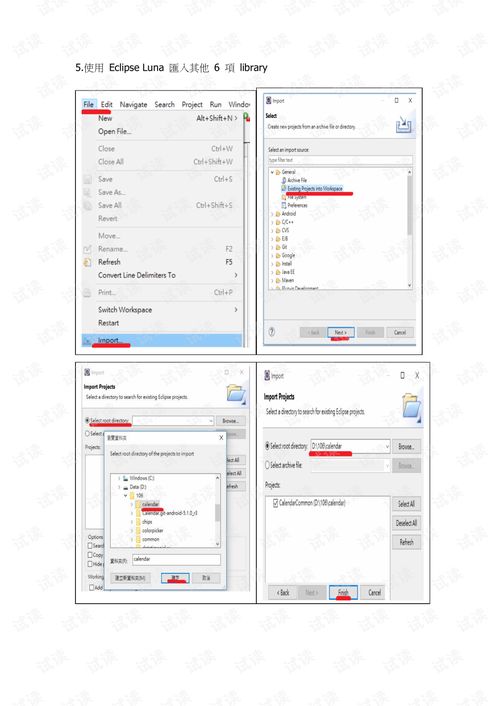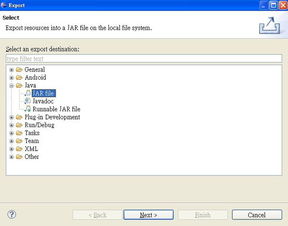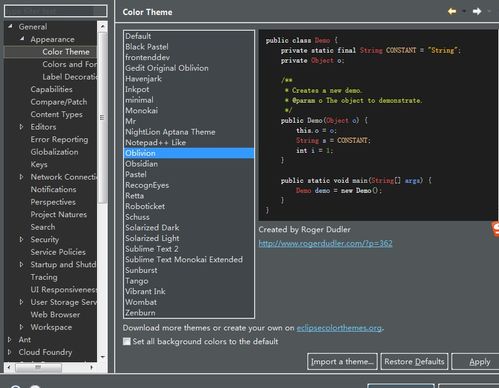Ar Eclipse: A Comprehensive Guide to Eclipse for ARM Development
Are you looking to set up an ARM development environment using Eclipse? If so, you’ve come to the right place. In this article, we’ll delve into the intricacies of configuring Eclipse for ARM development, covering everything from the necessary software packages to the step-by-step process of setting up your development environment.
Understanding Eclipse

Eclipse is an open-source software development project that provides a powerful, integrated development environment (IDE) for building a wide range of applications. It is widely used in the industry due to its flexibility, scalability, and extensive plugin ecosystem.
Setting Up Your ARM Development Environment

Before diving into the specifics of setting up Eclipse for ARM development, it’s essential to have a clear understanding of the components you’ll need. Here’s a list of the software packages you’ll need to get started:
| Software Package | Description |
|---|---|
| arm-linux-gcc-3.4.1.tar.bz2 | Cross-compilation toolchain for ARM development |
| jdk-6u21-linux-i586.bin | Java Development Kit for Java-based development |
| eclipse-cpp-helios-linux-gtk.tar.gz | Eclipse IDE for C/C++ development |
Once you have these software packages, follow these steps to set up your ARM development environment:
- Unpack the arm-linux-gcc package:
- Copy the arm directory to your system’s /usr/local directory:
- Modify the environment variables to include the ARM toolchain:
sudo tar vxjf arm-linux-gcc-3.4.1.tar.bz2
cd ./usr/local
sudo mv arm /usr/local
sudo nano ~/.bashrc
export PATH=$PATH:/usr/local/arm/bin
source ~/.bashrc
Configuring Eclipse for ARM Development

Now that you have your ARM development environment set up, it’s time to configure Eclipse. Follow these steps to get started:
- Download and install Eclipse:
- Install the necessary plugins:
- Set up your project:
- Configure your project settings:
Visit the Eclipse website (https://www.eclipse.org/downloads/) and download the latest version of Eclipse for C/C++ development.
Open Eclipse and go to Help > Eclipse Marketplace. Search for the ARM GCC plugin and install it.
Create a new project and select the ARM GCC compiler as your build tool.
In the project properties, set the cross-compilation toolchain to the ARM toolchain you installed earlier.
Developing ARM Applications with Eclipse
With Eclipse configured for ARM development, you can now start developing your applications. Here are some tips to help you get started:
- Use the ARM GCC plugin to manage your cross-compilation toolchain.
- Take advantage of Eclipse’s debugging and profiling tools to optimize your code.
- Utilize the extensive plugin ecosystem to extend Eclipse’s functionality.
Conclusion
Setting up an ARM development environment using Eclipse can be a complex task, but with this comprehensive guide, you should now have a solid foundation to start developing your ARM applications. Remember to explore the wealth of resources available online, such as forums and tutorials, to further enhance your Eclipse development skills.







